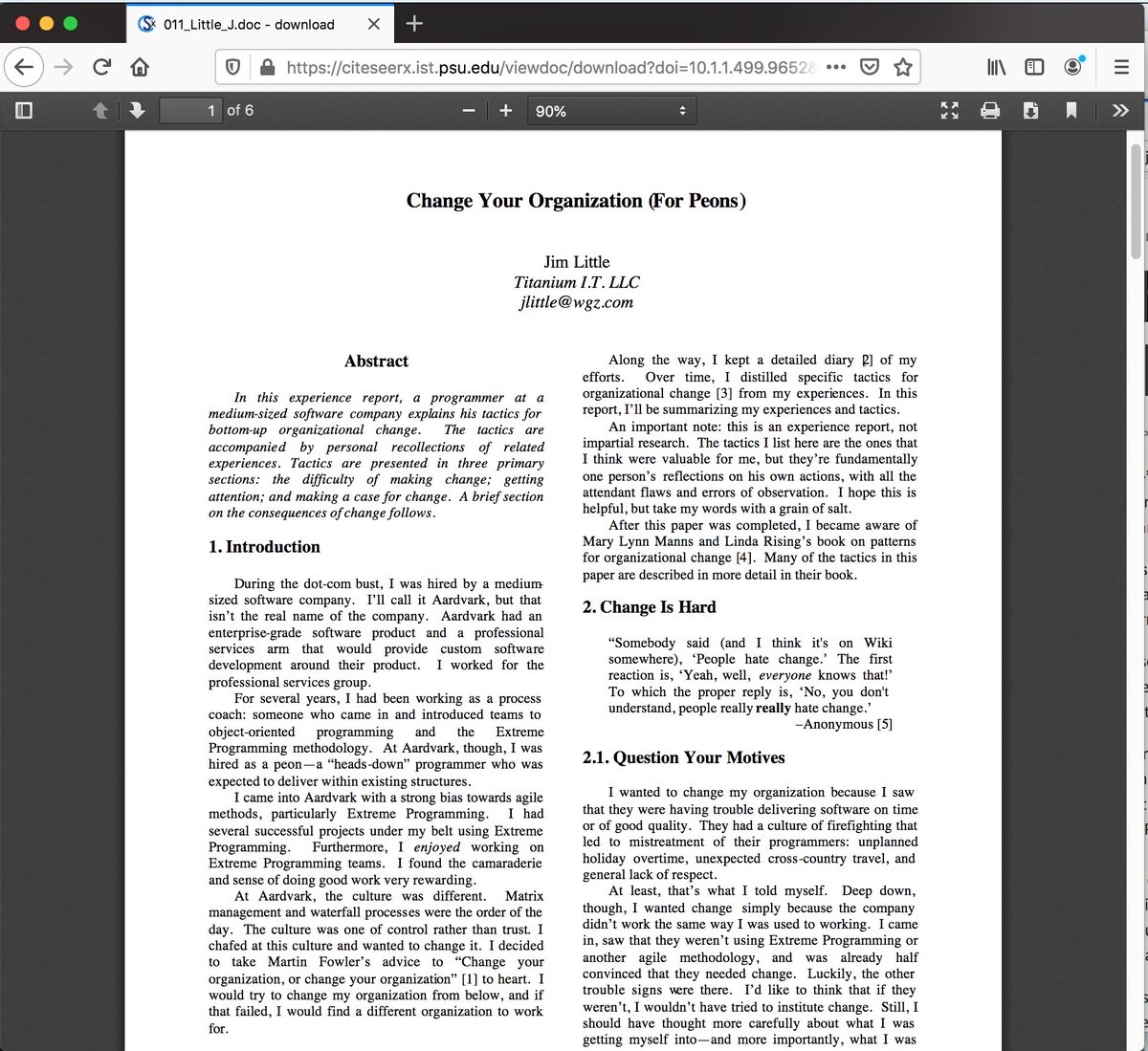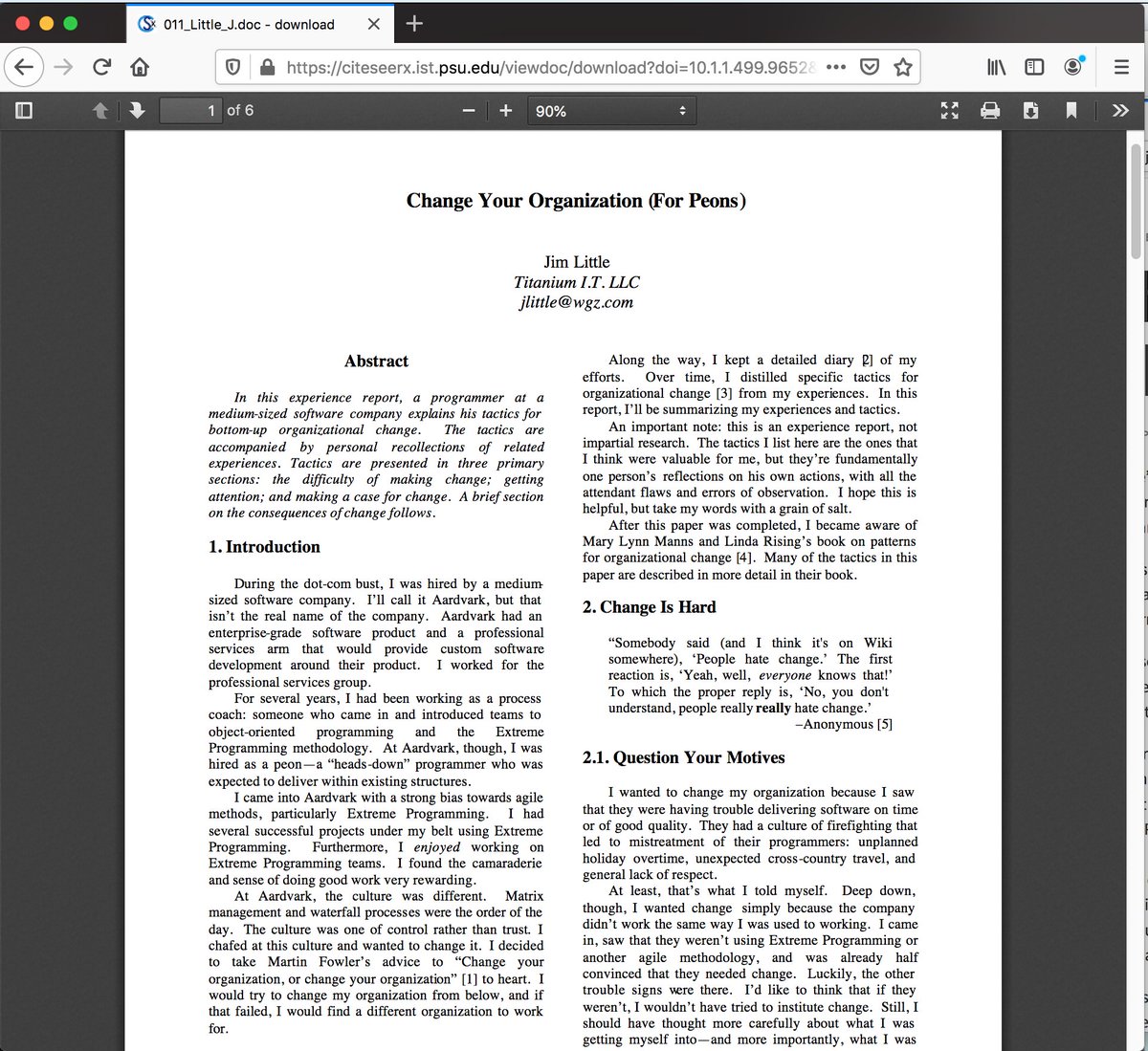
Super inspiring conversation with @LBacaj by @RafatSarosh
Many many relevant topics:
1. Hiring
2. Leadership
3. Trust, Honesty & Transparency
I especially loved knowing what Louie looks for when interviewing engineers.
🧵🧵🧵
Many many relevant topics:
1. Hiring
2. Leadership
3. Trust, Honesty & Transparency
I especially loved knowing what Louie looks for when interviewing engineers.
🧵🧵🧵
Louie mentions two kind of unpopular & almost forgotten ideas these days, but that I fully agree, and that, in my opinion, are crucial for ICs & Managers: work ethics & extracurricular activities.
- Tell me about your work ethic
- What have you done outside work?
- Tell me about your work ethic
- What have you done outside work?
This reminded me of another kind of unpopular career idea that I read in one of @simpleprogrammr's book :
> Who would you hire?
An Engineer that has worked for 10 years on the same company on the same codebase with the same kind of technology as has never build
OR, An Engineer that has worked for the same 10 years, but in 10 different companies using 10 different technologies?
An Engineer that has worked for 10 years on the same company on the same codebase with the same kind of technology as has never build
OR, An Engineer that has worked for the same 10 years, but in 10 different companies using 10 different technologies?
John takes it further...
For someone with only 1 year of experience, would you be more valuable?
1. someone that has published 10 different apps in the AppStore?
2. or someone that has only worked in 1 app and not published any of their own app?
For someone with only 1 year of experience, would you be more valuable?
1. someone that has published 10 different apps in the AppStore?
2. or someone that has only worked in 1 app and not published any of their own app?
My take: In 99% of the cases, I would probably bet on the person that has shipped 10 different apps instead of the person that has only worked in 1.
Why? Breath of knowledge.
More on my article: linkedin.com/pulse/how-buil…
Why? Breath of knowledge.
More on my article: linkedin.com/pulse/how-buil…

• • •
Missing some Tweet in this thread? You can try to
force a refresh









